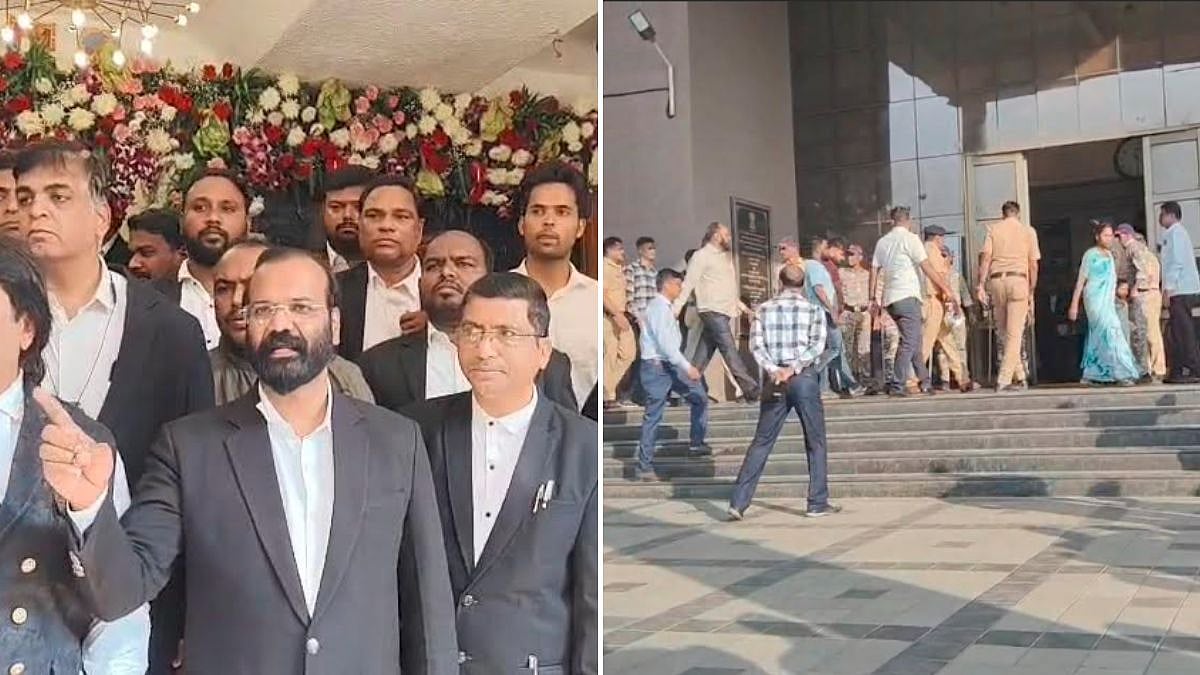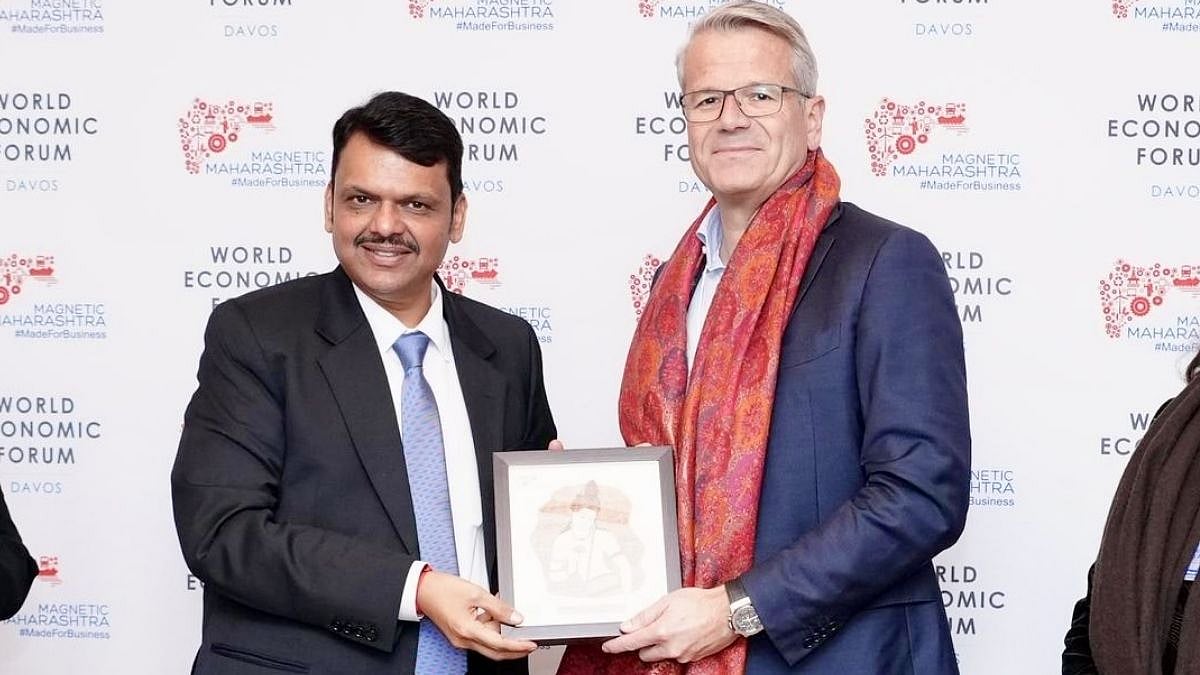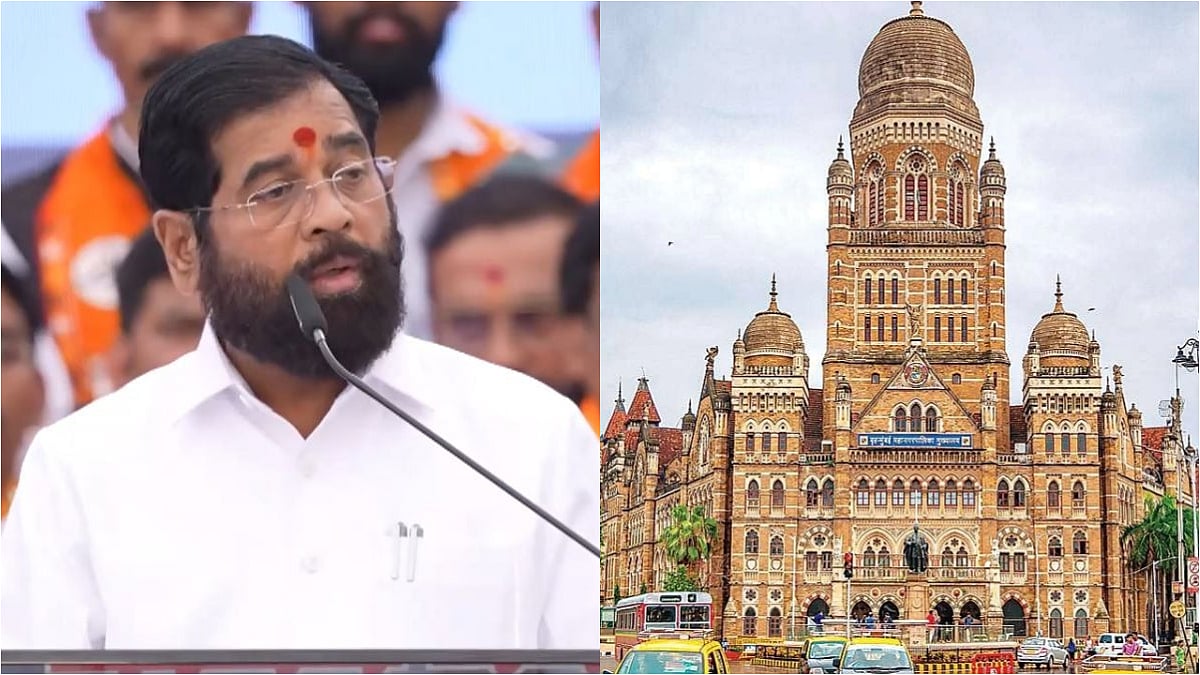Mumbai: There are differences among Muslims over the All India Khilafat Committee's decision to hold the Eid e Milad processions on September 18 so as not to clash with the Ganesh immersion date. The Haji Ali and Mahim dargahs, and Sufi groups said that they would not participate in the event.
The Khilafat Committee, however, said the decision was taken after a majority of the groups present at a meeting on Saturday at its Byculla office agreed that the processions to mark the birthday of prophet Muhammad should be held on the day after Ganpati visarjan. Eid e Milad will be observed on September 16.
Chairman of the All India Khilafat Committee, Sarfaraz Arzu said that the decision was taken by vote. "Only five hands were raised in favour of September 19. So who do we go with? Obviously with the flow," said Arzu.
Community groups have said that the processing should be held on September 19. Sohail Khandwani, managing trustee of the Haji Ali and Mahim dargahs, two major Sufi shrines in the city, said that September 16 or 19 were more convenient dates for the procession. "We have traditionally set up stalls and installations along the route to showcase Islamic culture, like calligraphy workshops. If the procession is on September 16, we could set up these stalls on September 15 when there are no Ganesh processions. It will be impossible logistically to set up these facilities on September 17 when Ganpati processions will take over the roads. We have decided not to participate in the procession," Khandwani added.
Mansoor Khan, president of the Sufi Islamic Board of India, said that Ganpati banners will be on the roads on September 18. "There will be no time to install our banners and lights. Also, the police will be too tired after the Ganesh festival. They need a day's break," said Khan.
Another reason for the dispute is the difference in ideology. Sufi groups said they do not want the Khilafat Committee to make decisions on their behalf, especially because they believe that the founders of the Khilafat supported the two-nation theory that ultimately led to the country's partition. "The people who decided the date of the procession did it for political reasons," said Khan.
Arzu said those making the allegations were ignorant of history. "Gandhi supported the Khilafat movement. When the Khilafat movement was started two decades before independence the concept of two nations did not exist."
Processions from different parts of the city will converge at Khilafat House to take part in a rally that will begin at 2.00 pm on September 18.
Arzu said there was no possibility that the dates for the procession would be changed. "Everything is in place. We gave it enough time to think. Police have been informed and they do not want a conflict. This will maintain law and order," Arzu added.

History of the processions
Eid e Milad processions have history similar to the Ganesh festival as it is celebrated today. Like the sarvajanik or community Ganeshotsavs promoted by Lokmanya Tilak to circumvent government bans on political gatherings, Eid e Milad processions were conceived by brothers, Shaukat Ali and Mohammad Ali, to bring together independence supporters. Though there are contrary views on the year of the he first procession - newspaper reports suggest it was in 1934, the Khilafat movement began in 1919 as a reaction to the abolition of the Islamic Caliphate after the defeat of the Ottomans in World War I. "Khilafat was a non-cooperation movement among Muslims that had participation by non-Muslims," said Sarfaraz Arzu, chairman of the All India Khilafat Committee. "The processions have now become an expression of our gratitude and love for our prophet." Today, the Khilafat Committee is largely involved in education.





